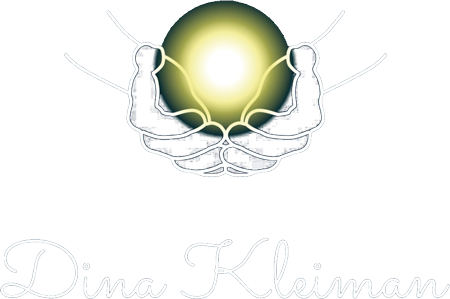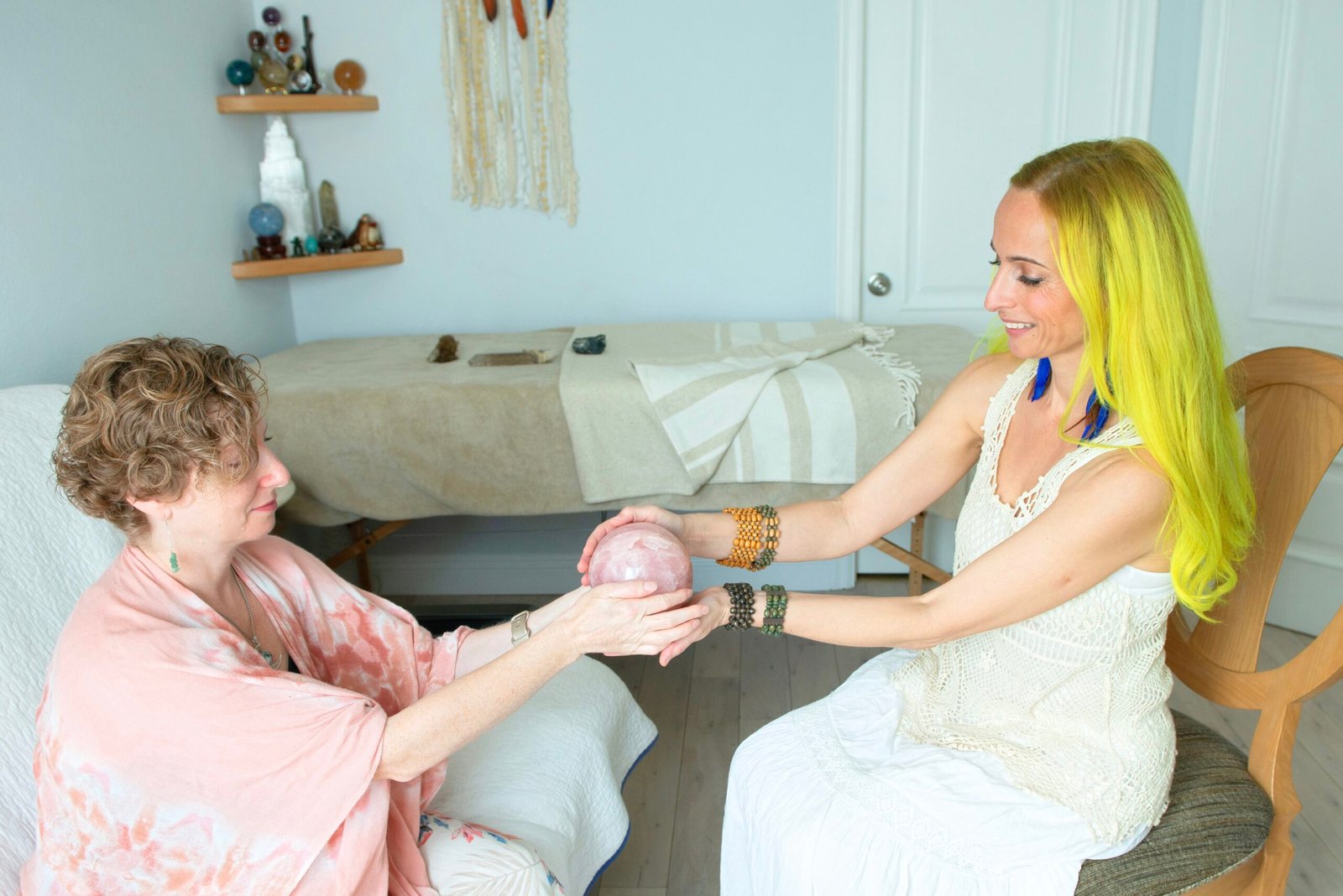The Legacy of Ancestral Trauma: How Your Family’s Past Shapes Your Present
Have you ever felt like there are certain patterns or behaviors in your life that you can’t explain, but seem to be deeply ingrained in you?
Have you ever felt a sense of fear, anxiety, or unease around people or situations that don’t objectively pose a threat to you?
Do you feel a sense of shame, guilt, or unworthiness, even when you can’t pinpoint a specific reason for these emotions?
If the answer is yes, then you may be experiencing the effects of ancestral trauma.
Ancestral Trauma refers to the emotional and psychological pain that is passed down from your ancestors to you. This trauma can be caused by traumatic events that occurred within your bloodline, such as abuse, neglect, betrayal, or by historical events, such as wars, slavery, famine, colonization, and others.
The trauma experienced by your ancestors can have a direct impact on your mental and physical health.
For example, if your parents or grandparents survived a war or experienced abuse as a child, you’re more likely to suffer from depression or anxiety, if your family has a history of financial struggles or poverty, you may have a low sense of self-worth and feel like you don’t deserve to make a lot of money, your family has a history of domestic violence, you may struggle to form healthy relationships
Unresolved ancestral trauma can make it tough to regulate your emotions and cope with stress, it can make you feel fearful, distrusting, and anxious, and you may have difficulty communicating and expressing your emotions in a healthy way.
Trauma related to persecution, war, and slavery can also affect your ability to form close connections with others. This trauma can lead to a fear of abandonment or rejection, making it difficult to trust others or be vulnerable.
Unfortunately, the impact of ancestral trauma on our modern generation is very strong.
I would say over two-thirds of my clients had ancestral trauma come up during a session. It is as if we all carry this strange invisible baggage that we are not always aware of having. We feel that there’s something heavy dragging us down yet we can’t quite see what it is until we start to dig in deep. And even then, ancestral trauma can be extremely elusive, especially for those of us whose known lineage is just a few generations deep.
How can something that happened generations ago have a direct impact on us today?
The science behind this phenomenon lies in epigenetics, which is the study of heritable changes in gene expression. Trauma can cause epigenetic changes that get passed down from one generation to the next. These changes can affect how our bodies respond to stress and trauma. For instance, if our ancestors experienced trauma, their DNA may have developed a pattern of turning on certain genes that help them cope with stress, which may have been useful in their lifetime. However, these same genes can be turned on in their descendants, causing them to be more reactive to stress, and making them more vulnerable to anxiety and depression.
There have been many studies done on Holocaust survivors and their children that show that the trauma experienced by parents is a relevant contributor to the biology of their offspring. According to this study, the grandchildren of Holocaust survivors were 300 times more likely to be referred to a child psychiatry clinic that the general population.
The ancestral trauma knows no race or religion, it is as old as humanity itself.
A majority of my Jewish clients carry the trauma of victimhood and persecution in one way or another.
I have clients from Iran, Korea, and Vietnam all carrying this ancestral trauma. I have seen the same thing in African Americans, Native Americans, Armenians, and the Irish.
For some people, the trauma is personal and it may show up as an inability to have a successful career and healthy relationship. In other people I see it more like this invisible monster in the dark closet – they experience anxiety, fear, and turbulence while seemingly living an ideal life – a loving spouse, a great job, and healthy kids.
Why now?
When I ask Spirit why here and why now, and why so many, I hear the same words “time has come to end all this.”
Whenever I look at the energetic contract the soul made prior to descending into its modern body I see that the person in front of me had explicitly agreed to come to earth to resolve specifically this trauma.
The good news is that you can heal from ancestral trauma. By working through the emotional and psychological pain that you’ve inherited, you can feel more at peace, build stronger relationships, and connect with your cultural heritage in a deeper way.
If you’re ready to start that healing journey, I’m here to help. Let’s explore your family history and work through any pain that’s been holding you back and create a brighter future for yourself and your loved ones. You do not need to know your individual family history to heal ancestral trauma in order to heal it. Once you start working through it, your guides will reveal that which you need to know. So don’t wait – reach out and schedule your Ancestral Healing session today!
To learn more about Ancestral Healing, check out this FAQ article.
⭐️ Take the next step on your journey of self-discovery, healing, and living your soul’s true purpose. Schedule your one-on-one energy reading or energy healing session.





